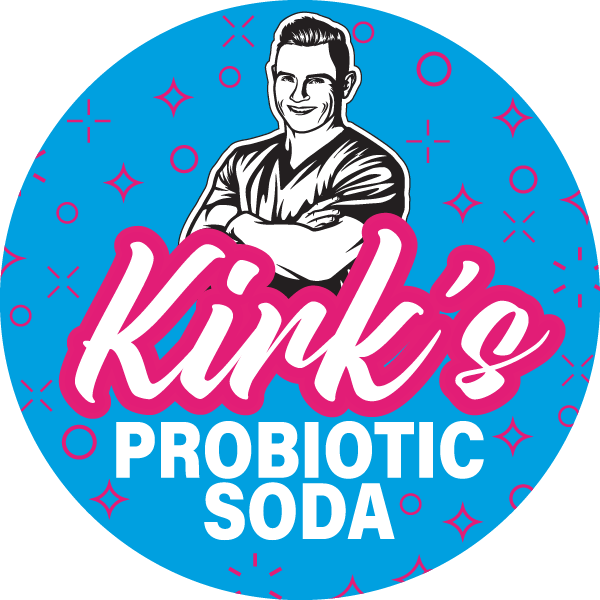Water kefir and dairy kefir are both fermented beverages, but they are made using different base ingredients and contain different types of microorganisms. Here are the key differences between the two:
Base Ingredient:
Water Kefir: Water kefir is made by fermenting sugar water, often with the addition of dried fruits, such as figs or dates, to provide additional flavor and nutrients. The microorganisms responsible for fermentation in water kefir are typically a combination of bacteria and yeast strains, with Lactobacillus, Streptococcus, and various yeasts being common.
Dairy Kefir: Dairy kefir, on the other hand, is made by fermenting milk, typically cow's milk, goat's milk, or sheep's milk. The microorganisms used in dairy kefir are specific strains of bacteria and yeast, primarily Lactobacillus and Streptococcus bacteria, along with various strains of yeast, such as Saccharomyces kefir.
Flavor and Taste:
Water Kefir: Water kefir has a lighter and milder flavor compared to dairy kefir. It is often described as slightly effervescent and can be naturally sweet, depending on the ingredients used in the fermentation process.
Dairy Kefir: Dairy kefir has a tangy, sour taste and a thicker, creamy texture due to the lactic acid produced during fermentation. The flavor of dairy kefir is similar to yogurt but slightly more tart.
Dietary Considerations:
Water Kefir: Water kefir is dairy-free and vegan-friendly since it is made using a sugar water base. It is a good option for individuals who are lactose intolerant or have dairy allergies.
Dairy Kefir: Dairy kefir contains milk, so it is not suitable for those who are lactose intolerant or have dairy allergies. However, some people with lactose intolerance find they can tolerate kefir due to the fermentation process, which reduces the lactose content.
Nutrient Content:
Water Kefir: Water kefir is a source of probiotics and may contain some vitamins and minerals. It is lower in calories and lacks the protein and calcium content found in dairy kefir.
Dairy Kefir: Dairy kefir is rich in probiotics, calcium, and protein. It provides the nutritional benefits associated with fermented dairy products.
Both water kefir and dairy kefir are consumed for their potential health benefits, including improved gut health, digestion, and immune support. The choice between the two depends on individual dietary preferences and restrictions, taste preferences, and nutritional needs.

